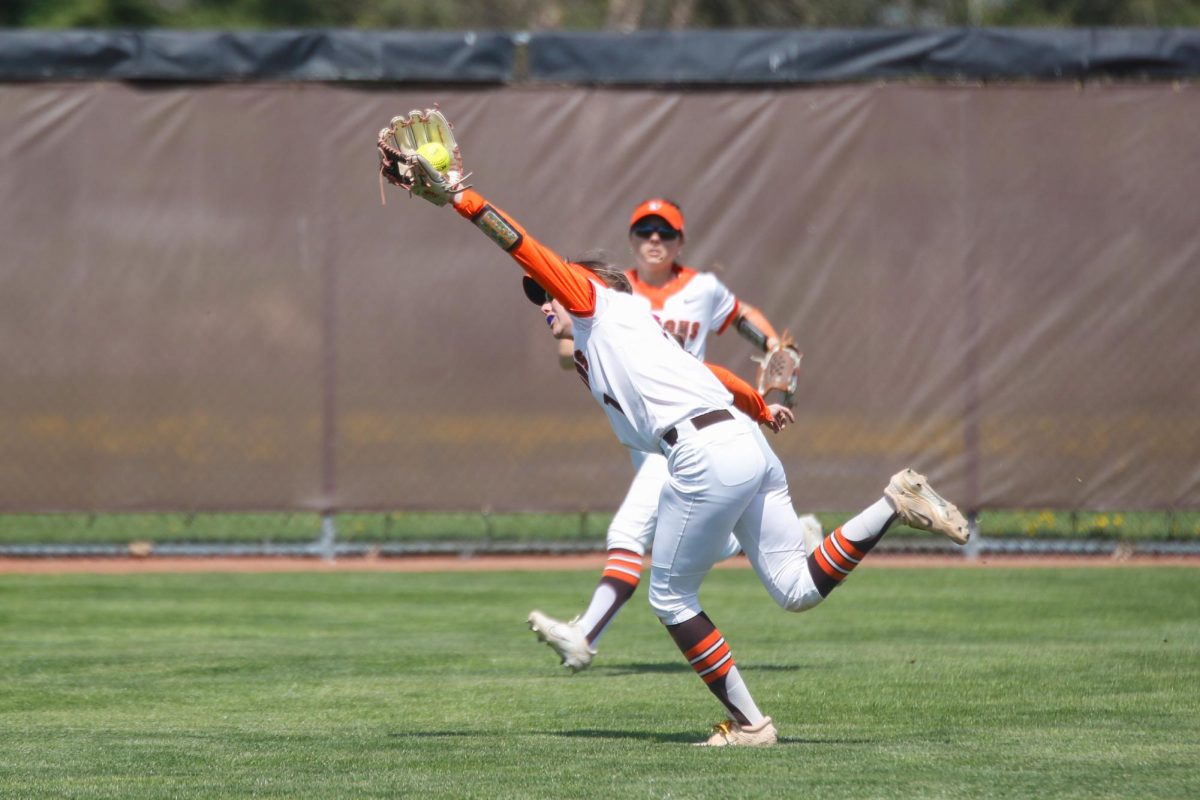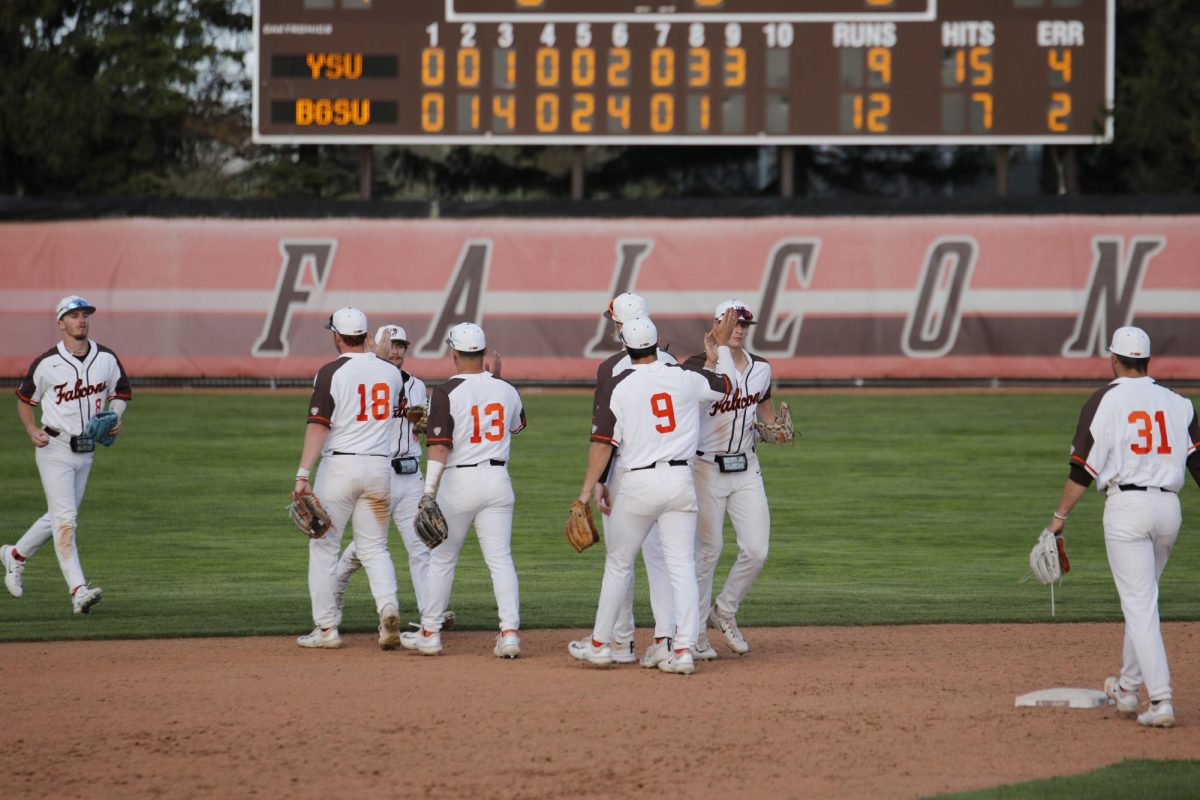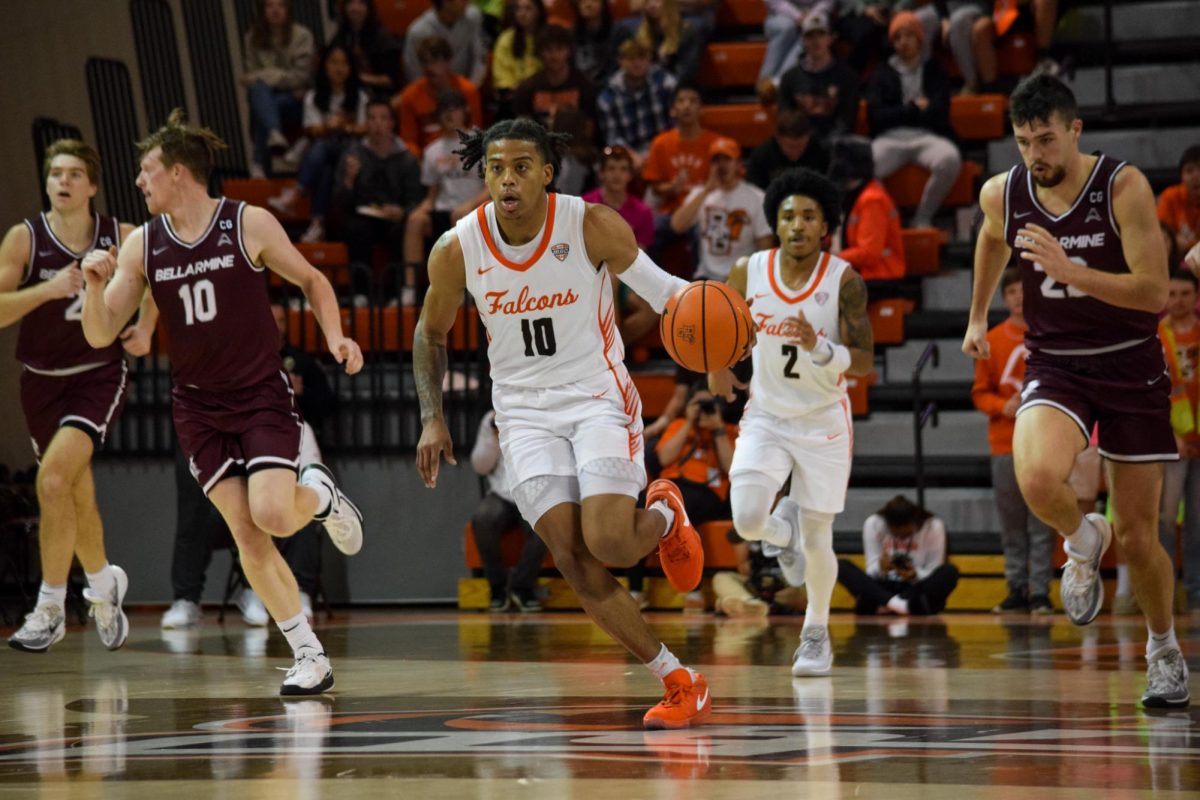Houston and Chicago. New York, San Francisco and Washington. Ever since the Vietnam War, America has witnessed a time-honored tradition of anti-war demonstrations in cities like these. The first movement began because of opposition to the Vietnam War, and since then, rallies have sprung up whenever there is a threat of a U.S. invasion.
In Hollywood, more than 100 celebrities issued a letter to President Bush, writing critically of his push to confrontation with Iraq, calling the move “alarming and unnecessary.” Similar acts of opposition to the war, including peaceful protests, have become one of America’s traditions.
But doesn’t it seem like every person in America should support this war effort, since our national security is at risk? After all, Iraq has the capacity of sending deadly fire to any of our cities. Lives are in danger and it’s the government’s duty to protect its citizens. So doesn’t it seem that anti-war demonstrators are being totally and completely unpatriotic?
I don’t think so. In fact, I think demonstrators are being extremely patriotic. No one will stop this war but the people and President Bush needs public support to go to war with Iraq. Protesters are doing something; they’re trying to prove that a war with Iraq should be totally avoided because it will be bad for the nation. Protesters are looking out in the nation’s best interest. Therefore, I believe, anti-war demonstrators are far from being labeled unpatriotic citizens.
How is this war different from any other? Something has struck a nerve in many people’s minds. The demonstrations happening today are larger than those of the Vietnam War. On October 26, 2002, A.N.S.W.E.R. (Act Now to Stop War and End Racism) organized the national march on Washington, with a similar organization in San Francisco. Over 200,000 attended these gatherings, the largest anti-war demonstrations since the Vietnam Era.
This baffles me. There are more Protesters against this war then during the Vietnam protesting era? President Bush is facing more opposition than former Presidents Johnson and Nixon? Two weeks ago, a national march in Washington marked a turning point in the anti-war movement, as over half a million people marched in Washington, and over 200,000 in San Francisco. The anti-war movement is growing rapidly. This unfortunately means that something devastating must happen to stop increasing anti-war sentiment and increase support for the war. It’s the only way people will support the war. Currently, many people aren’t supporting the war because the reasons for invasion simply aren’t good enough. Fighting for oil doesn’t seem to be a big motivator for the war movement.
If the nation plunges itself into war, it is uncertain what will happen to the peace movement. Organizations like the Service Committee, which is run by the nation’s oldest pacifist institution, the Quakers, as well as other groups that have sprung up in response to the threat of a U.S. invasion, talk about the rising amount of student activism and of people that have never protested before. There is an interest in this war that was absent during United States involvement with Vietnam.
Global Exchange, the San Francisco-based human rights organization that has been leading many of the anti-war efforts, created a web site so that peace organizations could list their events. In the past months, as Bush has begun increasing his arguments to wage a war on Iraq, the list of anti-war events in every state has been growing by the day.
The next anti-war demonstration is scheduled for February 5, in New York City’s Times Square. These anti-war demonstrations are very patriotic. They are showing the American people why we shouldn’t go to war with Iraq.
For more info, check out the Global Exchange web site at www.unitedforpeace.org and the A.N.S.W.E.R. web site at www.votenowar.org.

















